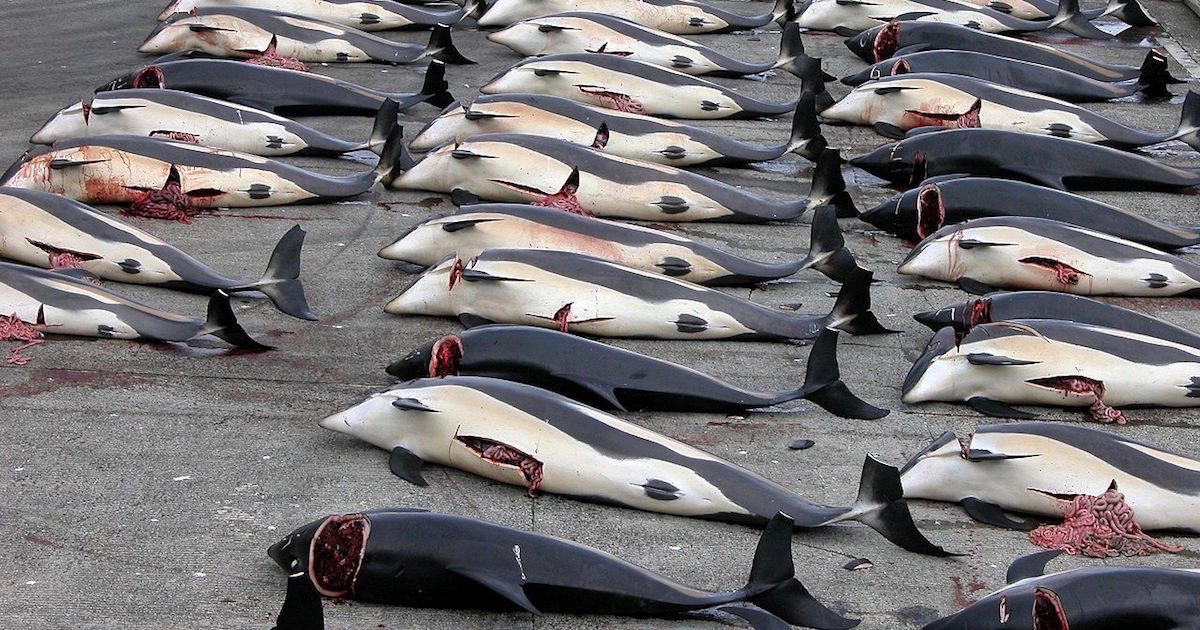 Culture & Ethics
Culture & Ethics
Japanese Whaling and Human Exceptionalism

Japan has quit the International Whaling Commission so that it can resume commercial slaughter of leviathans. From the Daily Mail story:
Japan has announced it will pull out of the International Whaling Commission and resume commercial hunts next year.
The nation, which has long argued it should be allowed to hunt whales as their meat has cultural significance, says it will not return to whaling in Antarctica though, and will stick to its territorial and economic waters.
This is just wrong. It isn’t that whales have a “right to life,” as cetacean rightists claim. “Rights” are a uniquely human concept that apply only to us. Rather, this question is really about human exceptionalism.
Bear with Me
There are two aspects to human exceptionalism. The first — our unique dignity and value — sometimes called the sanctity or equality of life ethic. This understandably receives most of our attention.
But the second aspect is important too. As the only truly moral species — only humans understand ethical concepts such as right versus wrong and good versus bad — we also bear important duties, including the obligation to treat animals humanely.
Human exceptionalism thus requires that we analyze particular uses of animals according to animal-welfare standards (again, as distinct from, and contrary to,“animal rights”). Roughly described, this requires a weighing and balancing process that takes into account the human benefit sought, the suffering caused to the animals in question, and when wild animals are involved, engaging management issues such as whether the species is threatened or endangered.
Three Tests
Resuming commercial whaling fails all three tests. First, the human benefit or need here is slight. Japan is hardly a hungry nation and the supposed cultural importance to the people in such a modern and industrial nation, if it still exists, cannot be said to be crucial.
Secondly, whaling is a particularly cruel endeavor, requiring a chase with ships and harpooning that may cause the slaughtered whale an extended and painful death. Centuries ago, when whale oil was an essential product that lighted our cities and drove the early industrial revolution, the tremendous human benefit outweighed the cruelty of the kill. No more.
Finally, the International Whaling Commission came into being because of distinct alarm over declining whale populations. As a result, many — but not all — of the various kinds of whales have somewhat recovered. Commercial whaling could threaten those gains, particularly if Russia and South Korea follow Japan out of the commission as some fear.
There is simply no excuse for industrial-style whaling. Just as we scorn ivory poaching, and for similar reasons, Japan should be publicly condemned and diplomatically pressured into rejoining the commission.
Photo credit: Erik Christensen, via Wikimedia Commons.
Cross-posted at The Corner.
